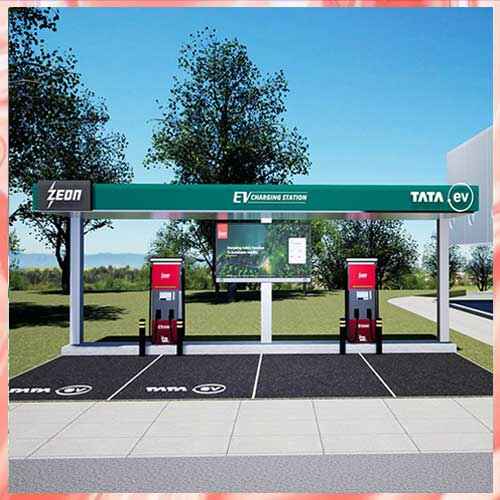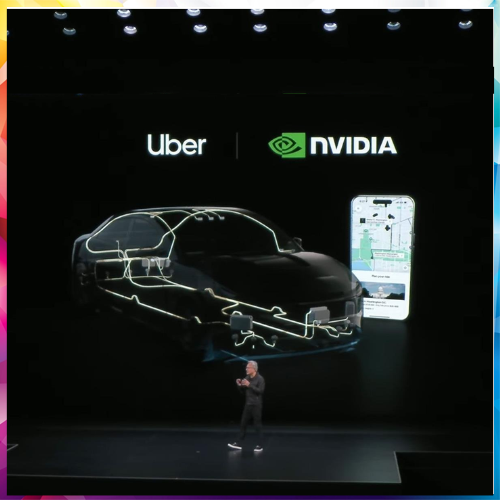Breaking News

The company’s EV arm TATA.ev, under ‘Open Collaboration 2.0’ is looking to set up 30,000 public fast chargers. Under the initiative, the company is forging partnerships with charge point operators (CPOs) and oil marketing companies (OMCs) to scale charging infrastructure across key hotspots such as highways to ease long-distance mobility. The company aims to increase Tata Motors EV charging points to 4 lakh by 2027, reinforcing its commitment to accelerating EV adoption in India. This initiative aligns with the government’s push for sustainable mobility and aims to address one of the biggest challenges in EV adoption—charging accessibility.
Driving EV Infrastructure Growth in India
As the demand for Tata Motors electric vehicles rises, the need for a robust and widespread charging network becomes crucial. Currently, India’s EV ecosystem is still developing, with limited charging stations hindering mass adoption. By aggressively expanding EV infrastructure in India, Tata Motors aims to make EV ownership more convenient, reducing range anxiety for customers and ensuring seamless long-distance travel.
Tata.ev is also looking to build a TATA.ev Mega Charger network, a flagship initiative under Open Collaboration 2.0 to offer superfast charging. The company has also announced plans to roll out a unified charging helpline for charging queries and a unified payments wallet. Tata Motors has unveiled ambitious plans to scale up the country’s EV charging infrastructure.

This initiative supports the company's larger vision of electrification, positioning Tata Motors at the forefront of India's clean mobility revolution. The move also aligns with the government's Faster Adoption and Manufacturing of Electric Vehicles (FAME) policy, which incentivizes EV infrastructure growth and aims for a greener automotive sector.
Tata Motors’ EV Future and 2027 Goals
With Tata Motors 2027 goals focused on making EVs more accessible, the expansion of charging points is a critical step. The company has already established a strong presence in the EV segment with models like the Tata Nexon EV, Tigor EV, and Tiago EV. As competition in the electric mobility space intensifies, the automaker is doubling down on infrastructure to maintain its leadership.
Expanding charging infrastructure is key to accelerating EV adoption in India. Consumers are often hesitant to switch to electric vehicles due to limited charging options. With Tata Motors ramping up efforts to install charging points nationwide, more customers may be encouraged to transition to electric mobility. Additionally, the move is expected to boost India’s EV ecosystem by creating opportunities for investment in battery technology, grid upgrades, and renewable energy integration.
Tata Motors' plan to increase Tata Motors EV charging points to 4 lakh by 2027 marks a significant step toward strengthening EV infrastructure in India. With a clear roadmap and strategic investments, the company is set to play a pivotal role in shaping India’s electric future. As Tata Motors EV future unfolds, the focus on infrastructure will be a game-changer, ensuring a sustainable and efficient transition to electric mobility.
See What’s Next in Tech With the Fast Forward Newsletter
Tweets From @varindiamag
Nothing to see here - yet
When they Tweet, their Tweets will show up here.





























